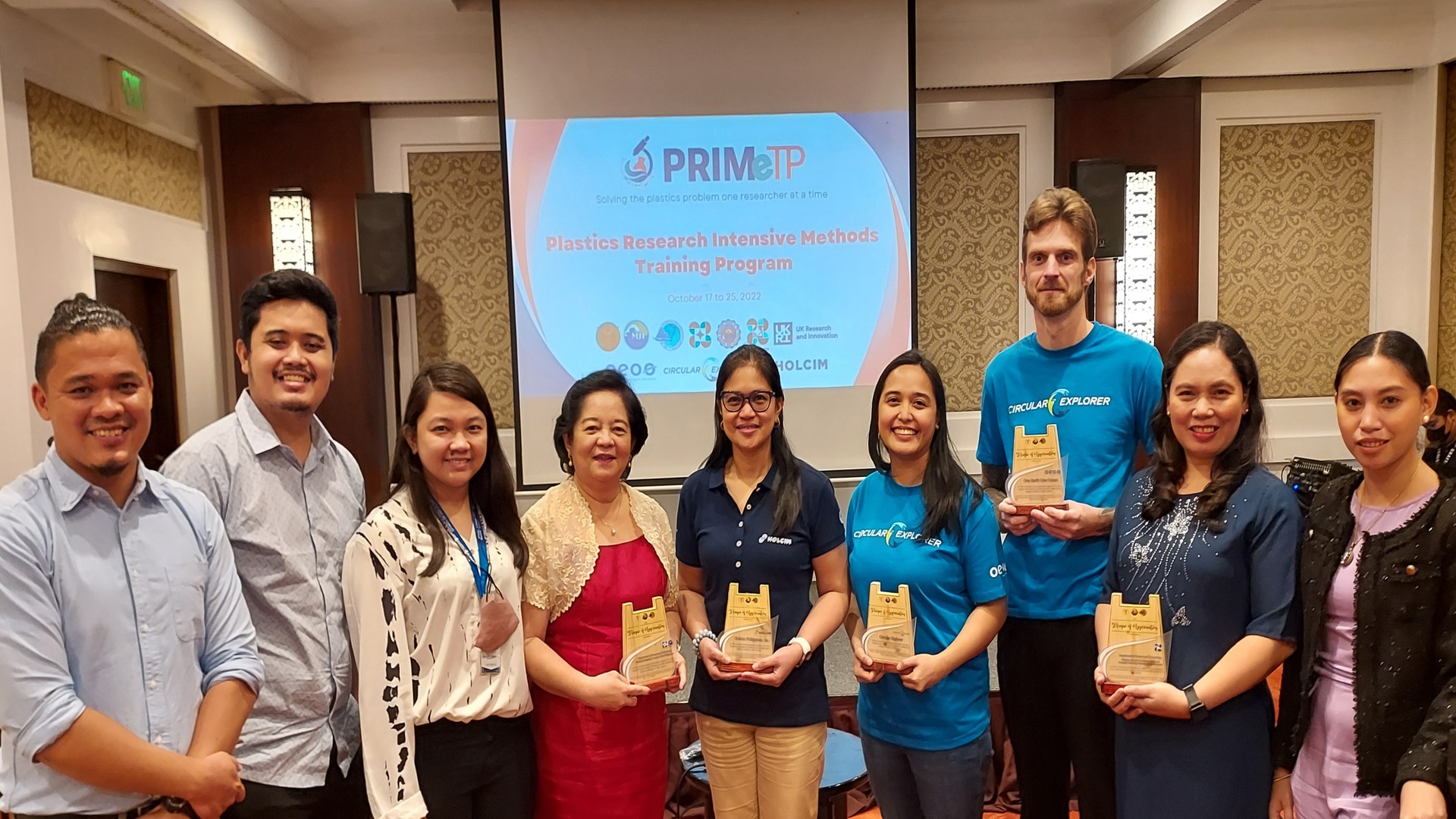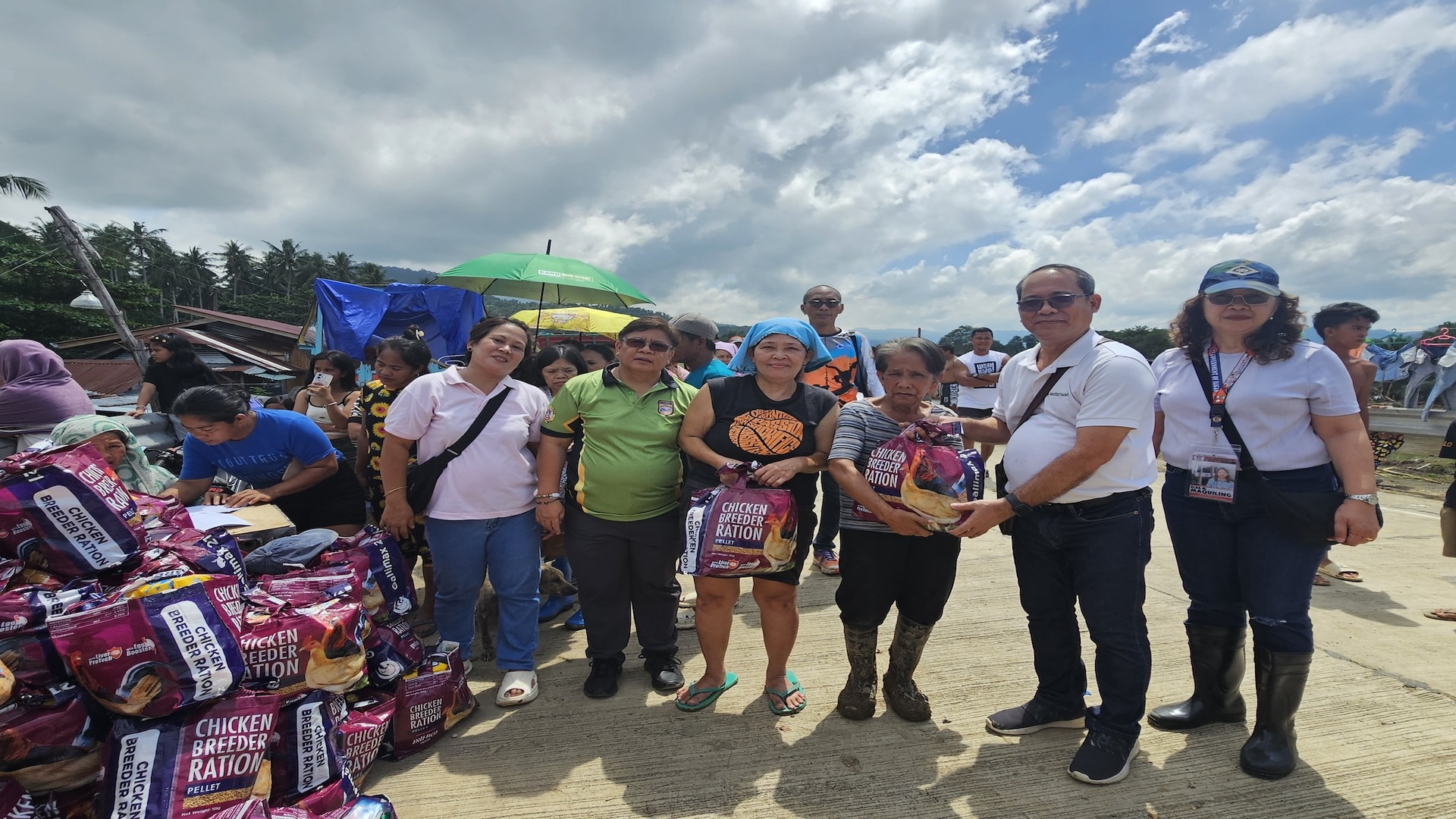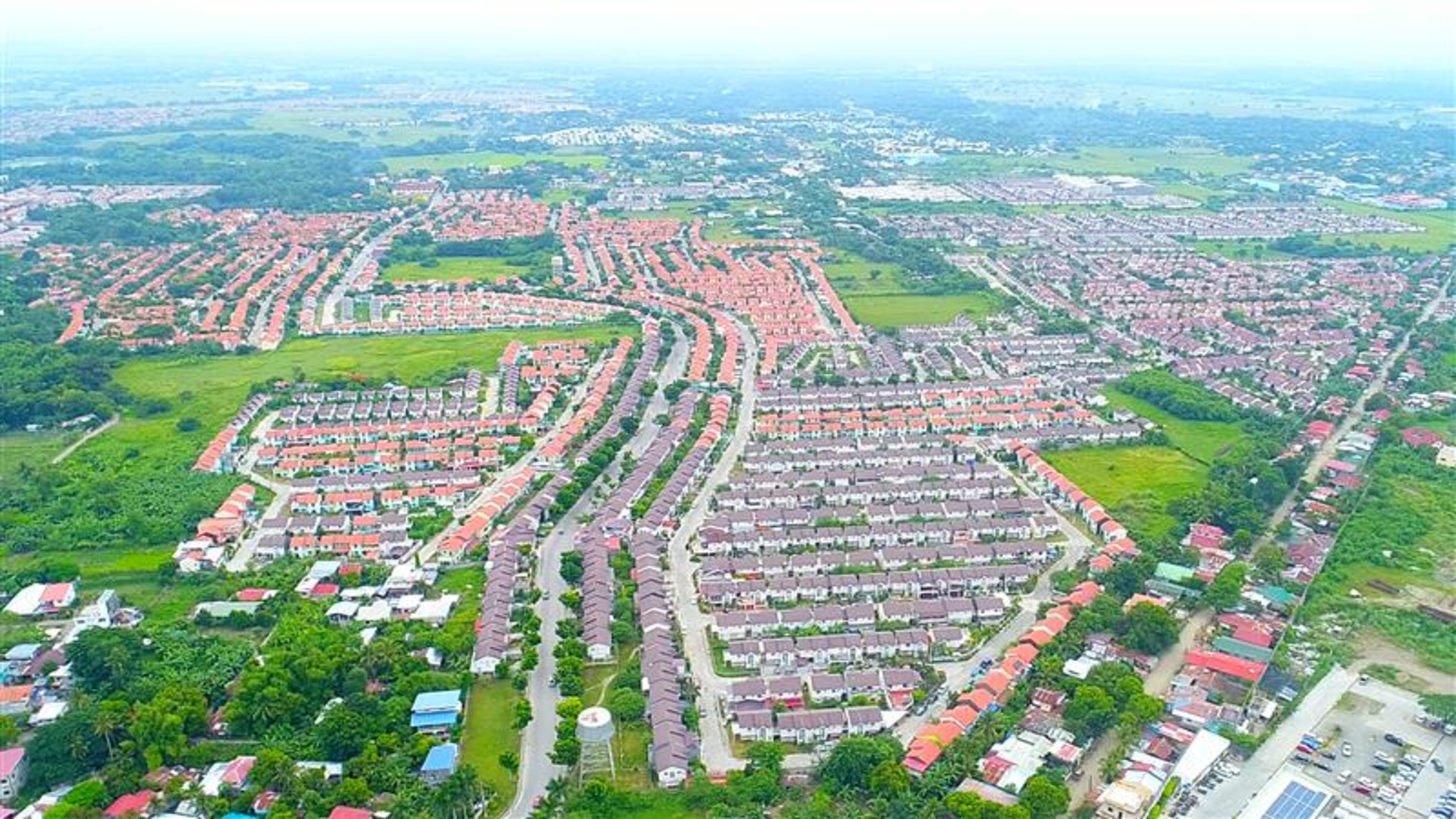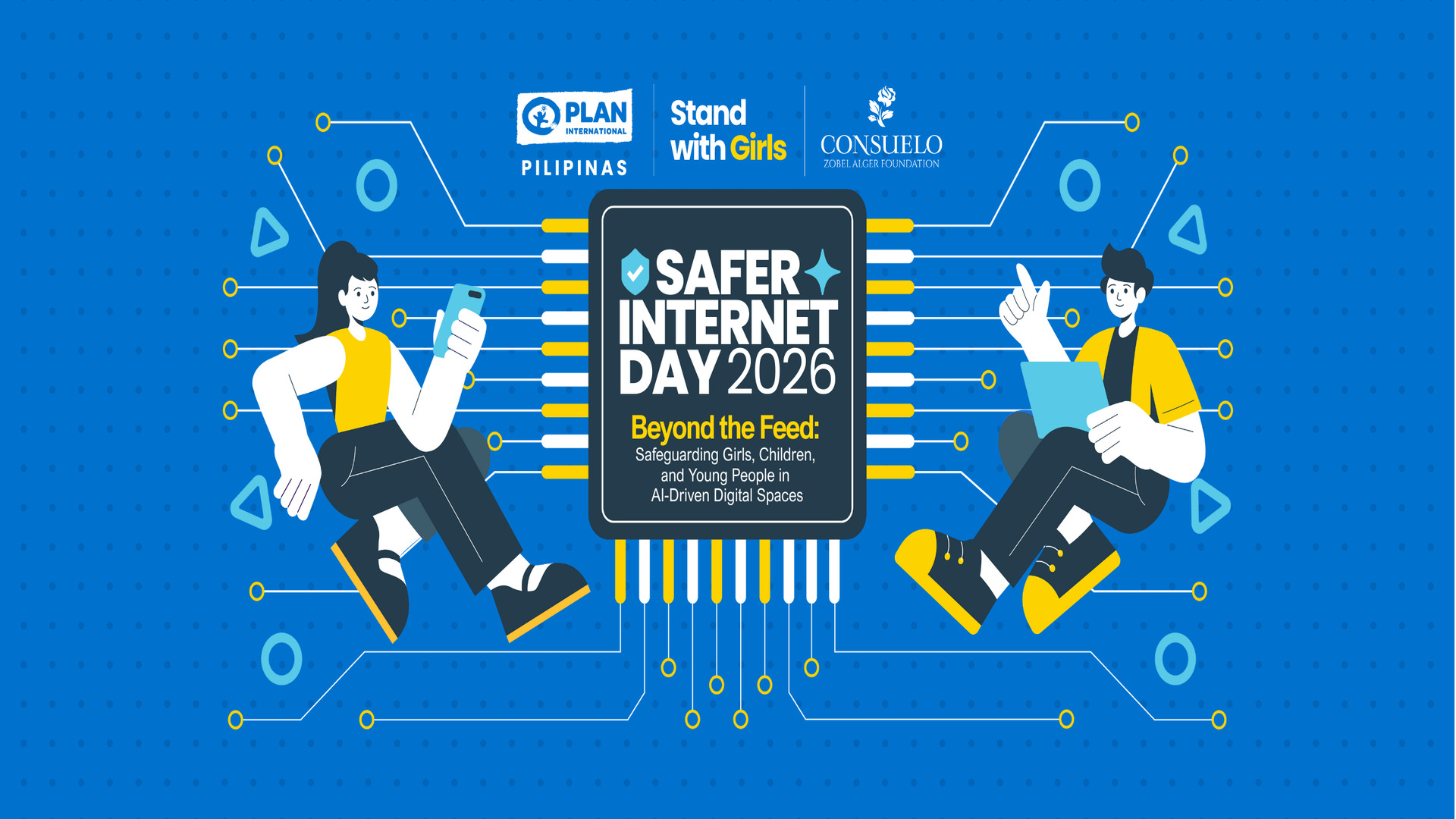
Holcim Philippines, Inc.’s commitment to advance research on marine plastic pollution and raise awareness on the importance of preserving resources through the Circular Explorer will get a boost with its science pillar partner starting a training program for young scientists in these areas.
Last Oct. 17, representatives from Holcim Philippines joined the launch of the Plastics Research Intensive Methods Training Program or PRIMe-TP developed by its Circular Explorer science pillar partner University of the Philippines – Marine Science Institute (UP MSI) with support from local and international government agencies led by the Department of Science and Technology.
PRIMe-TP will help capacitate early-career researchers on the best practices, methods, and emerging technology in studying plastic pollution to help in developing science-based solutions for the country’s challenges in this area. The training will last until 26th October 2022. The program is also supported by the National Research Council of the Philippines, Philippine Council for Industry, Energy and Emerging Technology Research and Development (PCIEERD), and UK Research and Innovation-Natural Environment Research Council.
The Circular Explorer, a solar-powered marine waste collection vessel developed by the Holcim Group in partnership with the One Earth, One Ocean Foundation, will play a key role in this program by sharing data from its cleaning operations to researchers for analysis. Launched in July 2022 in the Philippines, the Circular Explorer will help rehabilitate the Manila Bay, raise public awareness on the importance of a circular economy in preserving the oceans, and advance marine research.
Holcim Philippines President and CEO Horia Adrian: “We are excited to support this initiative in line with our thrust to contribute to the country’s progress anchored on our sustainability commitment and innovation strength. Embedding circular economy principles is key to addressing the waste management challenge and conserving resources in building progress as it allows us to reuse materials for as long as we can. This strengthens our ability to use science-based approaches in developing the right policies and solutions for developmental challenges.”
UP MSI Deputy Director For Research Deo Onda: “There are still research gaps that need to be addressed and we need more highly trained and capable researchers to achieve this. We will need more researchers on the ground, we especially need to build the capability of different Universities and Colleges in the country. More importantly, significant breakthroughs in plastics research methods and processes are already being utilized abroad. It is therefore imperative that our own researchers be apprised and be able to apply these new techniques locally as well, hence the need for relevant training programs such as this.”
Holcim Philippines is practicing circular economy in its operations through waste management unit Geocyle, which converts qualified wastes as alternative fuel in manufacturing cement through the co-processing technology. In the past decade, Geocycle has co-processed hundreds of thousands of tons of qualified waste materials, preventing these from ending in landfills and seas. Replacing traditional fuels with recycled materials also helps Holcim Philippines reduce its carbon footprint and conserve natural resources.



